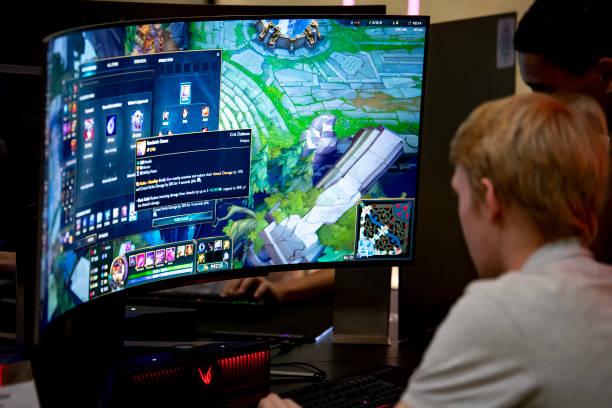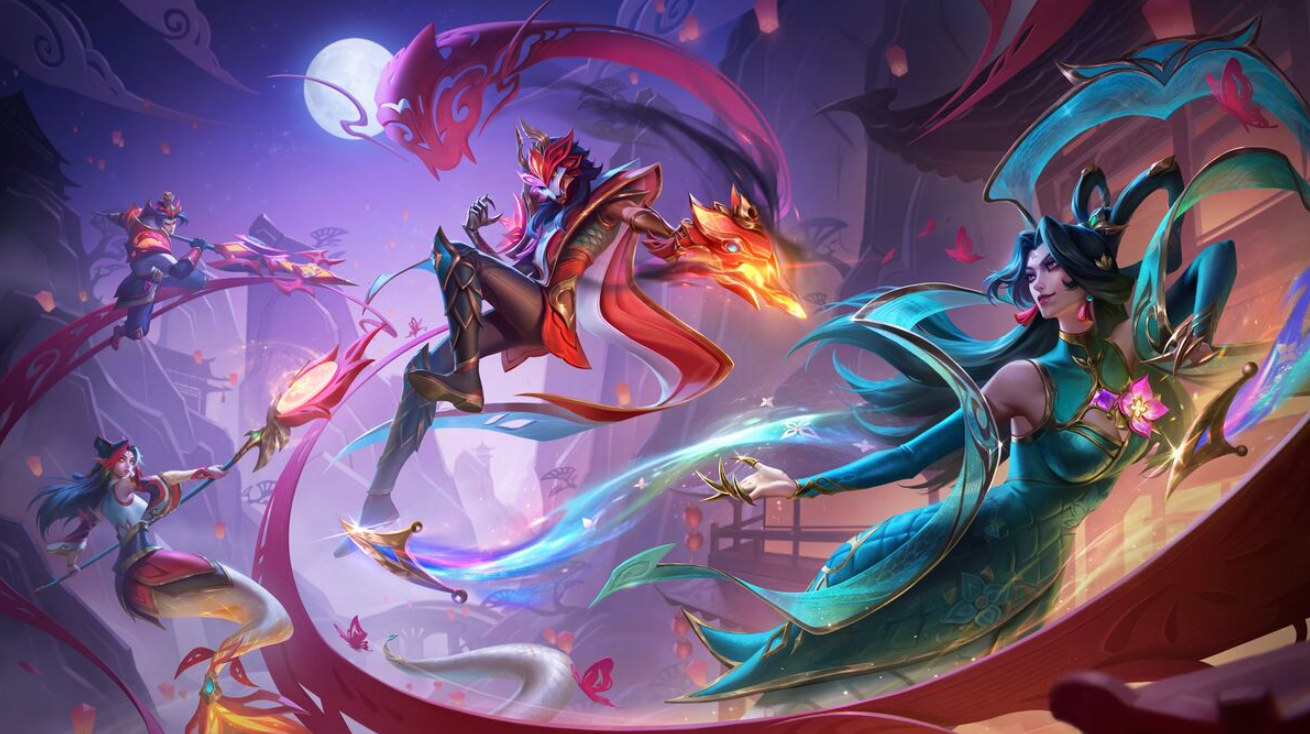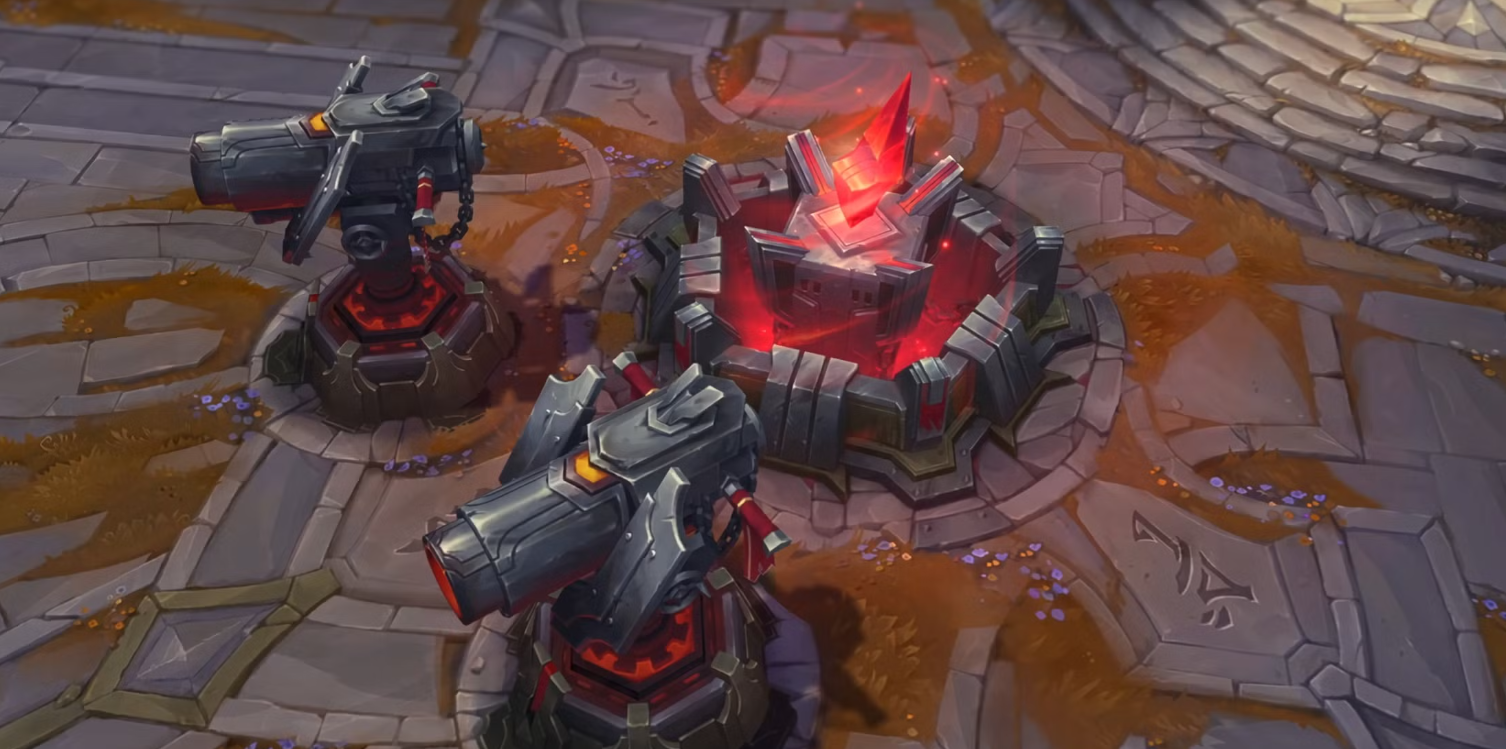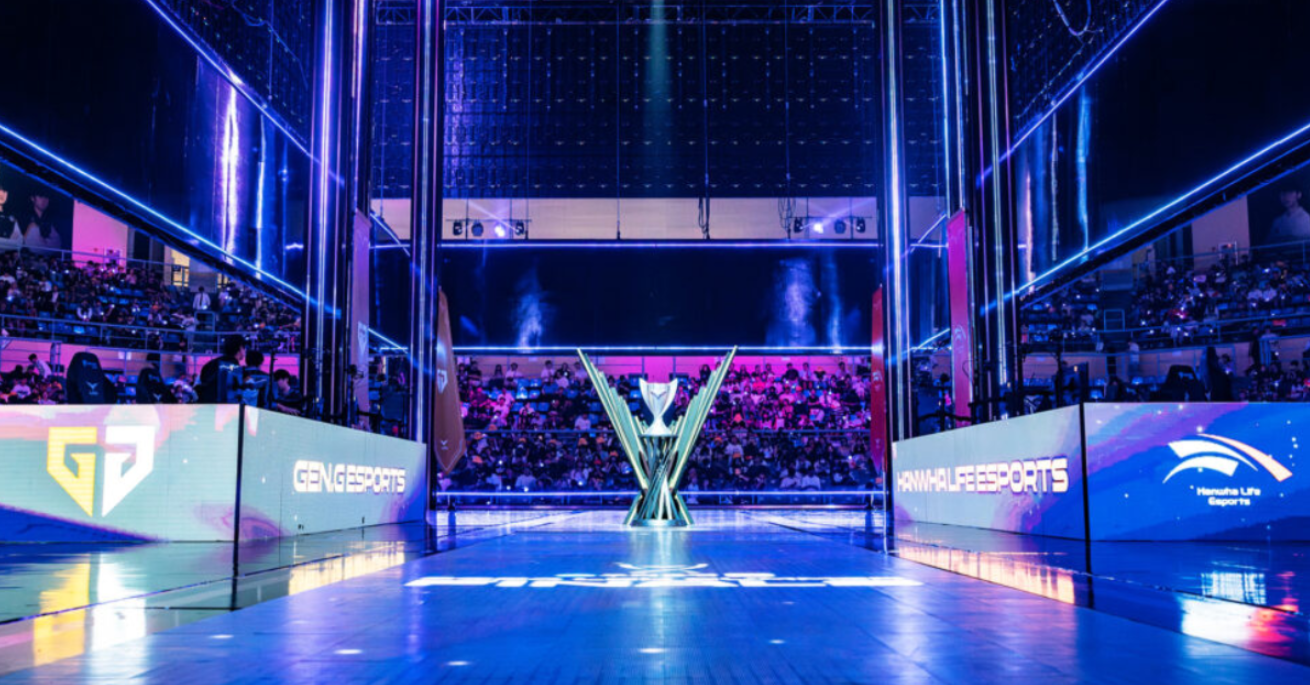With the fall of SKT, the rise of a new South Korea

Two times, the League of Legends World Championship has been held in South Korea. Lee “Faker” Sang-hyeok has represented his country countless times at international events including four World Championships and three Worlds titles, but has yet to perform at an international event on domestic soil after narrowly missing Worlds qualification in 2014. Following SK Telecom T1’s 3-2 defeat to Gen.G in the 2018 Korean Regional Qualifier, he also won’t have that opportunity this year.
Faker is the face of competitive League of Legends in South Korea and has been since his debut in 2013. His name and face are known outside of competitive esports circles. He receives the largest amount of commercial film prospects and general media coverage. At SK Telecom T1’s last LoL Champions Korea finals appearance in 2017, there was an entire sales booth dedicated to Faker, side-by-side with the SKT organization’s main merchandise tent. SKT is Faker’s organization in a world where being a company man is rare with notable exceptions: Faker, his bottom lane teammates of Bae “Bang” Jun-sik and Lee “Wolf” Jae-wan, and KT Rolster jungler Go “Score” Dong-bin.
It’s difficult, especially with SKT’s dominion over the World Championship in recent history, to imagine a Worlds without Faker. Yet, despite SKT’s considerable accomplishments over the past few years, not wholly unexpected based on the team’s performance. This season was lackluster at best for SKT, but the problems present started long before some of SKT’s more puzzling 2018 moves, like starting veteran support Wolf in the jungle position mid-spring. SKT has been on a downward skid for a while, starting back in late 2017.
Although he’s not a somewhat recognizable face outside of the esports community like Faker, SKT coach Kim “kkOma” Jeong-gyun has made a name for himself within South Korea and internationally as one of the best coaches in the world: the mastermind behind the SKT dynasty. Yet, kkOma wasn’t SKT’s head coach until this year, despite assumptions to the contrary. kkOma has always been the most visible face of the coaching staff — and has received the majority of praise and criticism because of this — but the team’s head coach was Choi “cCarter” Byeong-hoon. kkOma took over the head coaching position in the 2017-18 offseason, and an understated narrative going into 2018 LCK was how well both SKT and KT would do without their former head coaches in cCarter and Lee Ji-hoon respectively. KT won the 2018 LCK Summer title and will represent South Korea as its first seed. SKT finished fourth in spring, seventh in summer, and failed to qualify for Worlds.
It’s unfair to put all of SKT’s failures on kKoma — or his new coaching staff of former SKT players in Lee “PoohManDu” Jeong-hyeon and Bae “bengi” Seong-woong. The organization’s method of plugging in players around Faker and hoping for the best started to falter last year when SKT lost to Longzhu in the summer finals, and the team has yet to recover. Throughout 2018, SKT appeared torn between two schools of thought: bring in talented solo queue rookies like jungler Park “Blossom” Beom-chan and build another team around Faker, or rely on players who had played in other regions and teams and whose performances were fairly well-known, like top laner Park “Thal” Kwon-hyuk.
The latter strategy was what SKT had relied on in 2016 to win the Mid-Season Invitational and the World Championship with top laner Lee “Duke” Ho-seong and jungler Kang “Blank” Sun-gu, and what won the team yet another LCK title in 2017 with the addition of top laner Heo “Huni” Seung-hoon and jungler Han “Peanut” Wang-ho. In most cases this meant defaulting to a slower, scaling style that relied on late-game teamfighting, and also having another jungle option available to facilitate Faker — in 2016 this was bengi before he retired from professional play, and in 2017 it was Blank, rotating in when Peanut lacked coordination with the team.
This plug-and-play strategy with known players worked for a while, especially with Faker in the mid lane, and it made sense. SKT wanted to ensure that the team’s best player could make the most impact if possible. Yet, as the region slowly improved and recovered from the mass exodus of the 2014-15 offseason, and grew accustomed to sharing its talent pool with the likes of China, North America, and Europe every offseason, the rest of South Korea caught up.
In the 2017 LCK Summer finals, SKT fell to Longzhu Gaming, a combination of familiar faces like bot laner Kim “PraY” Jong-in and younger talent like mid laner Gwak “Bdd” Bo-seong. Even the 2018 LCK Summer champions in KT Rolster — a “super team” of veterans — needed a rising star 17 year-old in Son “Ucal” Woo-hyeon to finally claim their title. The ascent of the Afreeca Freecs towards becoming one of the region’s best also included a mixture of veteran players like jungler Lee “Spirit” Da-yoon and mid laner Lee “Kuro” Seo-haeng along with younger talents that made up an important B-team lineup on the team’s ten-man roster. Some of these players, like jungler Lee “Mowgli” Jae-ha, became important starting components of Afreeca’s success.
Meanwhile, SKT was caught between raising younger players and relying on known performances without fully integrating the two. When Blossom struggled against Kingzone’s Peanut in spring, he was immediately benched and not seen again until a Gen.G series in summer. SKT used the team’s newer players but often seemed caught between fully allowing them to grow and make mistakes and plugging in the lineup that the team knew best and was presumably least likely to lose. Wolf’s short spring stint in the jungle — something SKT had practiced in scrims at the 2017 World Championship — was a harbinger of these problems to come. When SKT decided to start the team’s entire B-team lineup, it seemed in desperation, like SKT was grasping for any solution. Their struggles don’t undermine improved performances from players like support Lee “Effort” Sang-ho, who has steadily grown into his position, but Effort was the exception to the SKT rule of continuous player rotation until the team saw results.
It’s not at all surprising that SKT missed summer playoffs and Worlds when looking at the competitive landscape of 2018 LoL in South Korea. This is the strongest and healthiest the region has been since 2014, complete with a near Royal Road performance from the rookies of Griffin. As teams like the Afreeca Freecs and even Hanwha Life Esports (formerly the ROX Tigers) rose alongside strong staples like Kingzone DragonX (formerly Longzhu) and KT, a team or two had to fall. The parallels to the last time Faker and SKT missed the World Championship in 2014 are apparent, especially with the influx of talented rookies onto the LCK stage in 2018. Now, in the upcoming offseason, SKT has a choice: stick to what they’ve been doing for years, or make massive changes for the future.


